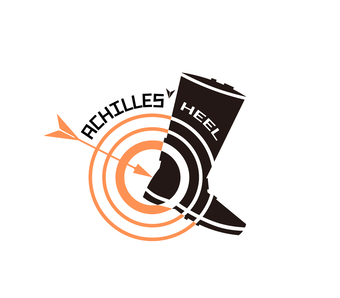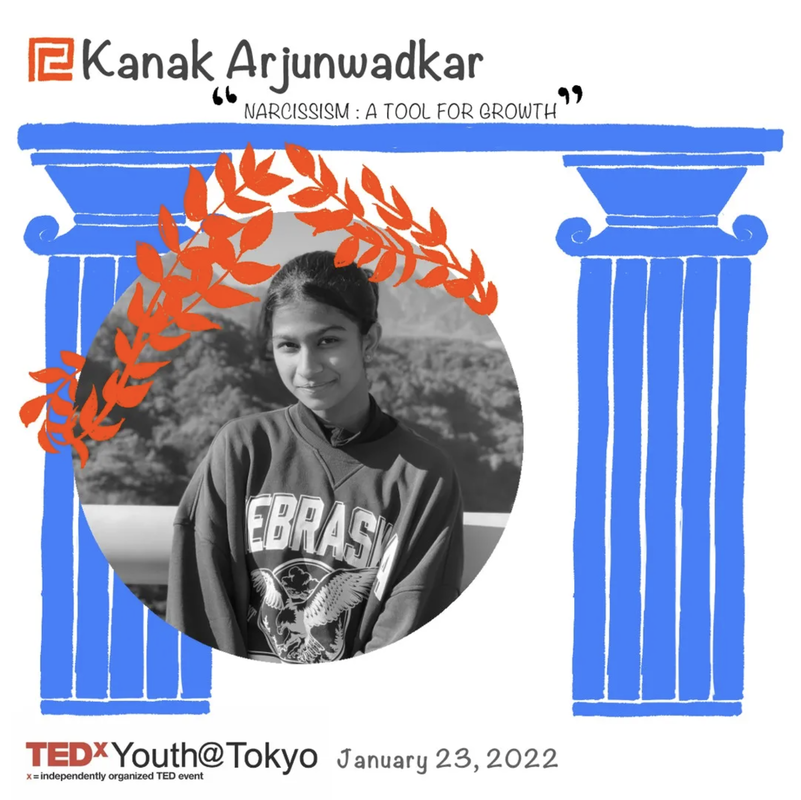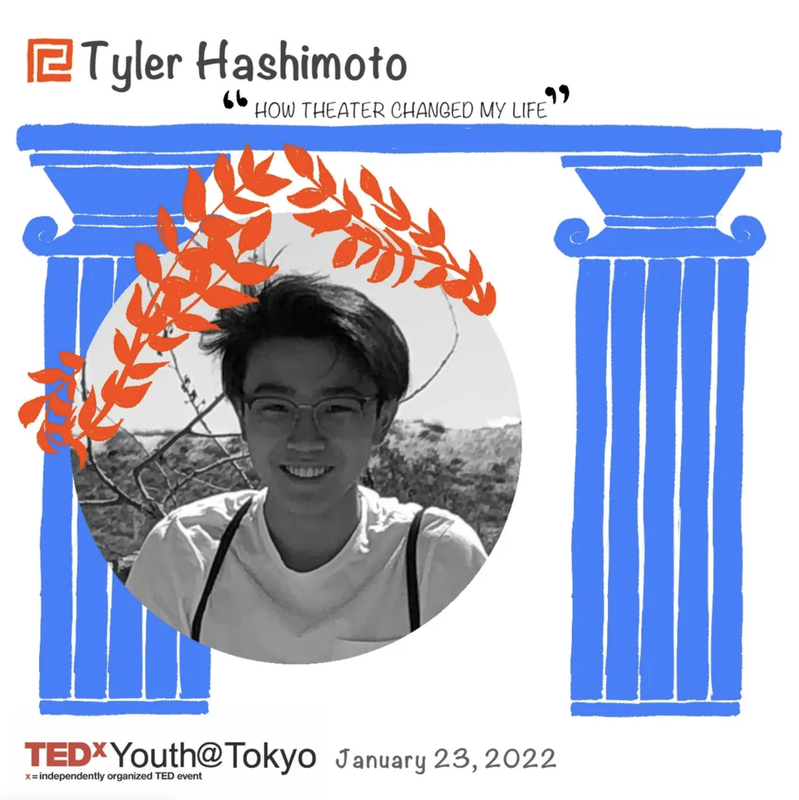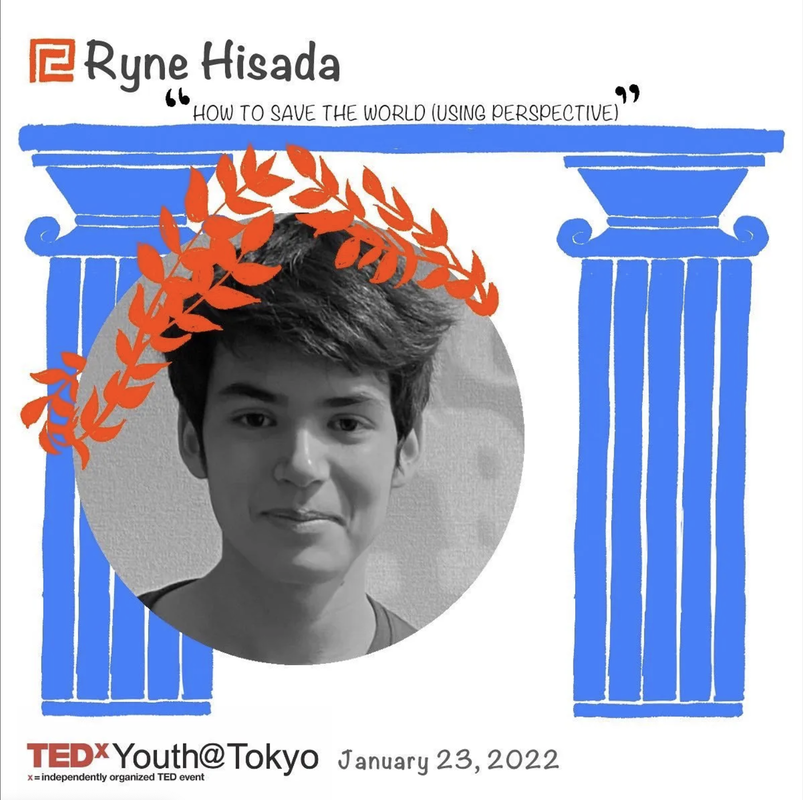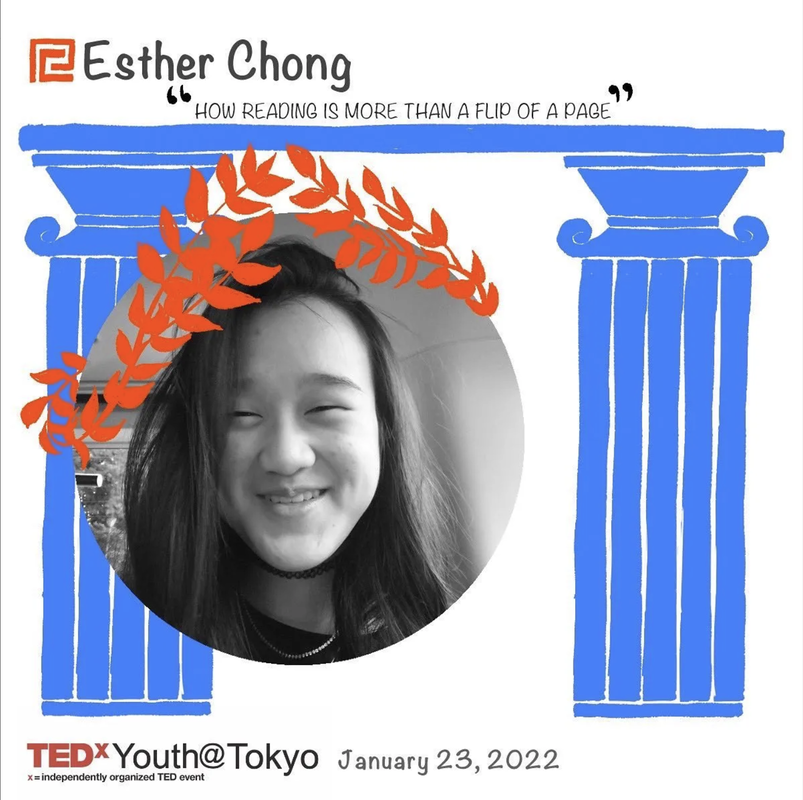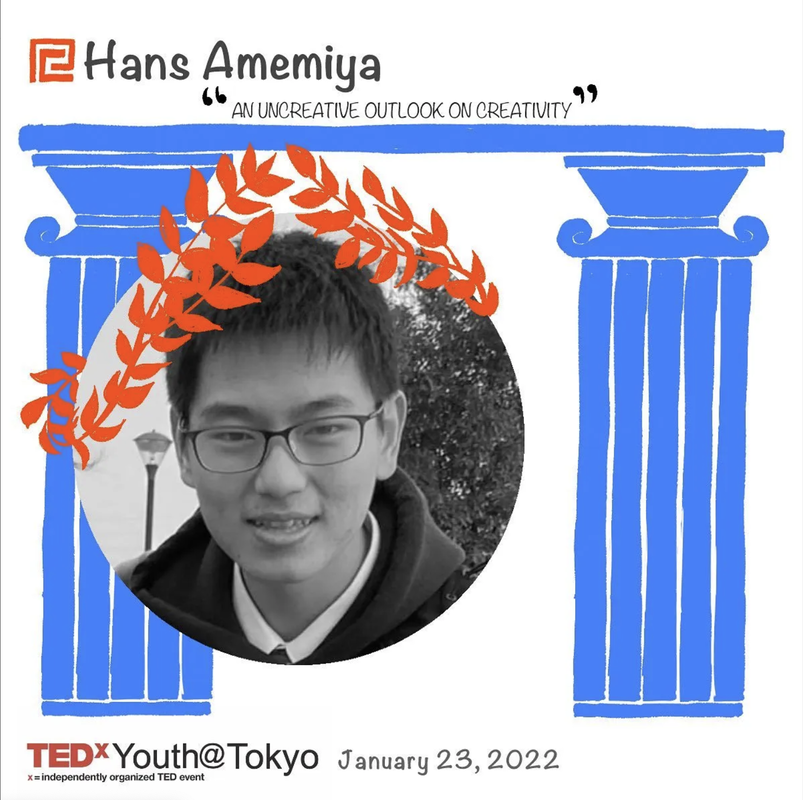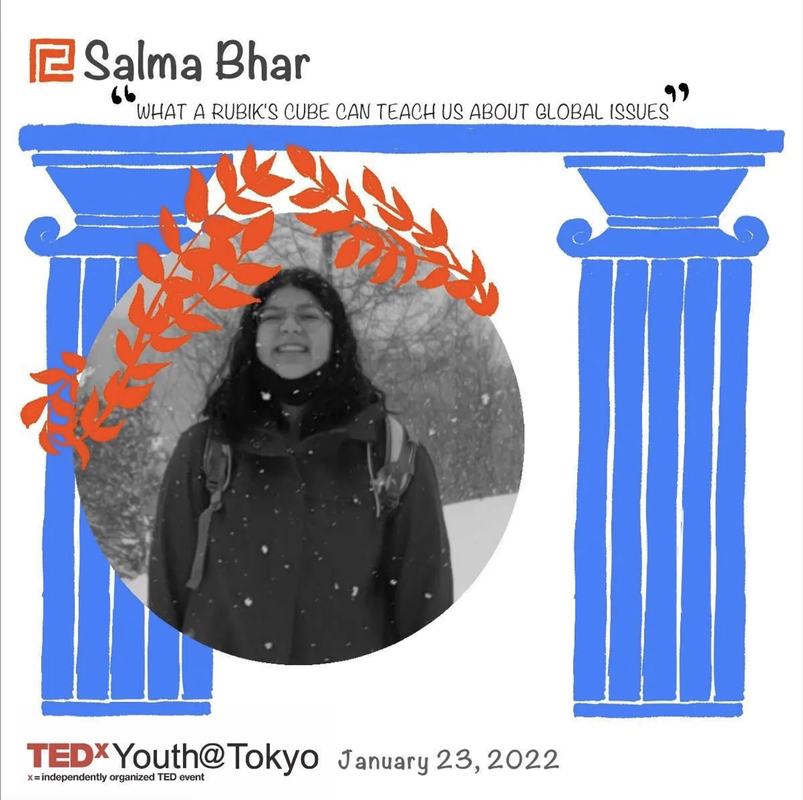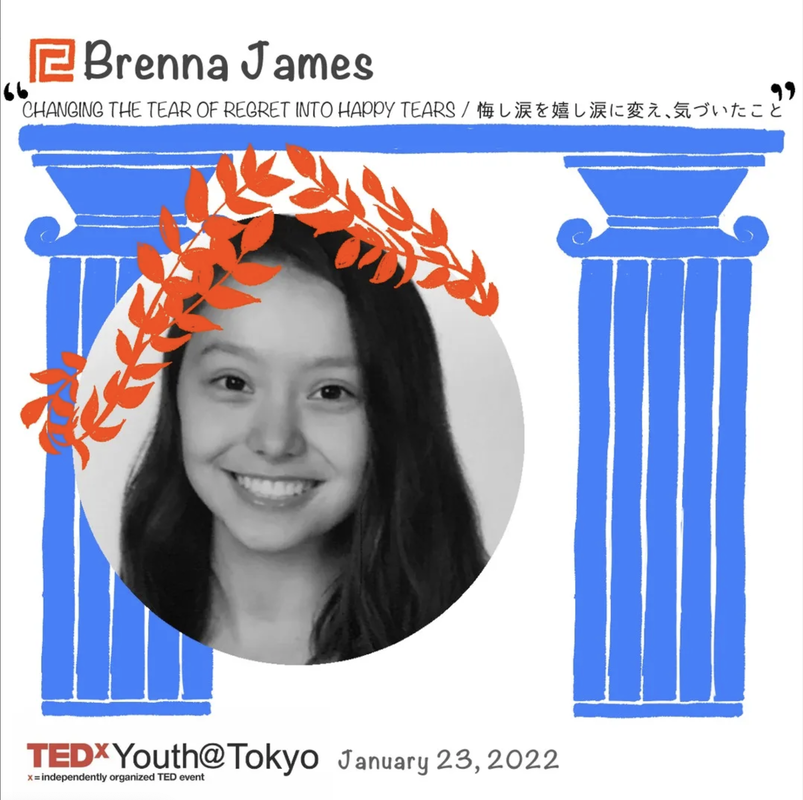2022 The Achilles' Heel @ WeWork Nogizaka
PR VIDEO
|
Narcissism: a tool for growth
Kanak Arjunwadkar Narcissism is conventionally thought of as a fatal flaw. Kanak Arjunwadkar challenges this idea, and discusses narcissism as a tool for growth. From the myths of Ancient Greece to the leaders of today’s corporate world, narcissists are seen as irritating and self-centered. But is being a narcissist really a bad thing? Kanak Arjunwadkar takes an in-depth look at how we see ourselves and others in our “narcissism epidemic” — and how we should differentiate healthy forms of narcissism from those that are toxic. Kanak wants to stress that it is too wasteful to leave narcissism as a flawed character trait, and that we must reconsider it as a potential means to achieve success. |
|
How theater changed my life
Tyler Hashimoto From an introverted boy to someone who lives to stand up on the stage, Tyler Hashimoto, a highschool student, tells his story of how he overcame his fear of talking to people. No matter who you are or how old you are, it is normal to have fears that you want to overcome. However, there are always ways to face your fears in order to fix them. In this talk, a high school student, Tyler, will narrate how he overcame his fear of talking to people and his upbringing of how he went from a lonely introverted boy to someone who lives to stand up on the stage. And through the chronological story from his elementary school days to who he is today, Tyler wants the audience to realize the benefits of facing your fears and overcoming them. Through this, he strives to encourage the audience to do the same: find a passion that helps them overcome their deepest fears. |
|
How to save the world (using perspective)
Ryne Hisada Perspective defines our relationships to ourselves, others, and the communities around us. But how could we use perspective to learn from others? Ryne Hisada poses two principles to bridge disparate divides. Perspective is often stifled in our modern world. Our habits and attitudes predispose us to staying silent. But when silence fosters the same, possibly incorrect beliefs that we’ve always had, how do we foster environments of dialogue? Ryne Hisada validates that conflict can act as opportunities for growth, and through two rules, help us turn the other cheek. |
|
How Reading is More Than a Flip of a Page
Esther Chong Have you ever struggled at keeping up with your reading goals? From her journey of overcoming Japanese books, Esther Chong shares the purpose of reading, and how you can become a habitual reader. Ever since getting her hands on an English novel, Esther Chong has been a reading fanatic, but upon being questioned how she came to read with ease, she realizes that there is more to habitual reading than just when you start. Considering her challenges with Japanese literature and how she overcame them, Esther addresses the cause behind reading’s arduousness, and introduces 3 essential steps that you can implement, to maximize your reading abilities. Esther hopes to signify the amazing takeaways of reading, through acknowledging that it is more than just a flip of a page. |
|
An uncreative outlook on creativity
Hans Amemiya Hans Amemiya wishes to change people’s outlook on creativity by encouraging them to take inspiration from others' works. Everyone has experienced the struggles of creating something original. Creativity is an elusive thing that never seems to be within our grasp; There is this notion that it exists only in the minds of geniuses and comes in the form of sudden, striking enlightenment. Hans Amemiya would discuss his experiences with creating original ideas and introduce a different outlook on the way people view the art of creativity. He wishes to encourage people to start by transforming another artist’s work into something unique to their own. By improving another’s work or by adding their own distinct experiences or artistic style, everyone is able to construct their own Starry Night. Through this, people are able to overcome their fears of not being “innovative enough” to create their own mark on the world. |
|
What a Rubik's Cube can teach us about global issues
Salma Bhar Salma, a Tunisian international student in Japan uses her experience with solving the Rubik's Cube and relates it to solving global issues. Everything started when Salma solved her first Rubik’s cube in a summer in 2019. As she stayed up late attempting the puzzle, she had a brilliant idea where she realized that the method of solving the rubik’s cube could also be applied to solve real-life problems. In her talk, she explains that instead of attempting to tackle the entire problem at once, it is more efficient to break it down to smaller problems which could be tackled individually and eventually build up to solve the larger problem. |
|
Changing the tear of regret to happy tears・「悔し涙を嬉し涙に変え、気づいた事」
Brenna James ジェームス・ブレナ Experiencing a tough start in her High School life, Brenna talks about the struggles she dealt with through sports. Along with that, she realizes the importance of mental health and the connections between them. 高校生活で厳しいスタートを切ったブレナは、スポーツを通して様々な苦労を乗り越えた。その経験から、どのように壁を超え、自身の考え方を成長させたのかを話す。それとともに、メンタルヘルスとスポーツとのつながりを認識し、その重要性を訴える。 彼女は、日本の学校での経験から生徒が精神的なサポートを求めるための仕組みが不十分であることに気づき、あえて日本語でプレゼンをすることで日本の学校のメンタルヘルスに対する取組の必要性を強調している。「話してみる」という小さななことから始まった自分のメンタルケアがどのようにスポーツでの目標を達成できたことにつながったのか、皆様にお話しします。 |

